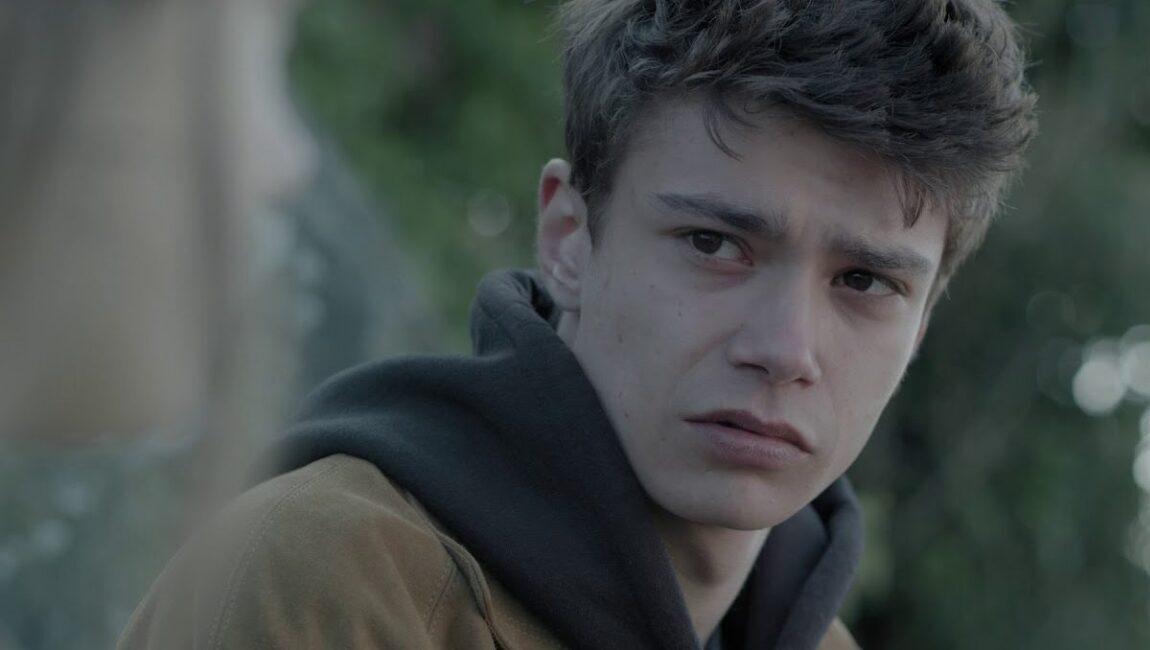If Gerardo Naranjo hadn’t already taken the title I’m Gonna Explode for his 2008 portrait of adolescent rebellion, it would have made a fitting option for Permanent Green Light, the sophomore feature from co-directors Dennis Cooper and Zac Farley. Then again, perhaps that would have been too literal a choice for this story — about a teenager, Roman (Benjamin Sulpice), who lives in the French suburbs of Cherbourg and attempts to commit suicide by blowing himself up. Indeed, the film’s tenor isn’t so much restless and agitated, as almost pathologically subdued. Although inspired by the real-life case of Jake Bilardi, an Australian teen who ended up joining ISIS but succeeded only in killing himself, Permanent Green Light strips its story of any explicit political context, refusing to ground Roman’s behavior in ideology — or, really, give him any discernible motivation at all. Call it Rebel Without a Cause; the title, after all, reads like a nod to James Dean’s unforgettable chickie run in Nicholas Ray’s 1955 masterpiece. But much more so than Ray’s fervid melodrama, Permanent Green Light locates much of its style and substance in the work of Robert Bresson, specifically 1977’s The Devil, Probably. That comparison does few movies any favors, though — and Cooper and Farley’s is no exception, even when one accounts for the directors’ corresponding use of non-professional actors, as well as Cooper’s professed admiration of the French director.
In building towards its (literally) explosive endpoint, Permanent Green Light offers no significant ruptures, no sense of its characters being in anything but complete control.
Fortunately, Permanent Green Light also manages to ground itself in its recognizably contemporary milieu. A gay, American-born artist, now living in France, Cooper zeroes in on the rifts between the internal and external — existence and perception, self and others — so crucial to the film’s oblique concerns with queer identity. Mostly, this plays out through a set of oppositions: Roman’s governing desire to leave nothing of himself, which is at once utterly transparent and maddeningly opaque; his affected decision to “talk and think as if [he] were a thing and not [himself]”; and, most explicitly, in a friend’s request to have sex with him, born out of a decidedly one-sided crush. But only twice does this 93-minute film offer an emotional crescendo to match its internal-external shifts, in twinned scenes that move between guarded indifference and naked emotionality, the latter accompanied by coruscating bursts of color. In building towards its (literally) explosive endpoint, Permanent Green Light offers no significant ruptures, no sense of its characters being in anything but complete control — which, to be sure, is in keeping with Roman’s studied disaffection. But in so doggedly committing to the nihilistic purview of its central character, the directors ultimately ensure that their film’s resonance remains largely conceptual.
You can currently stream Dennis Cooper & Zac Farley’s Permanent Green Light on Mubi







